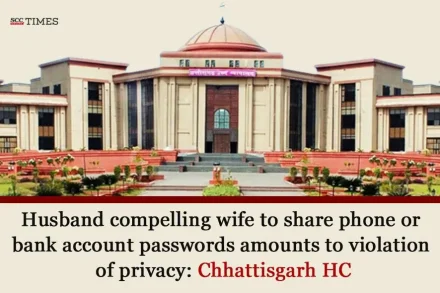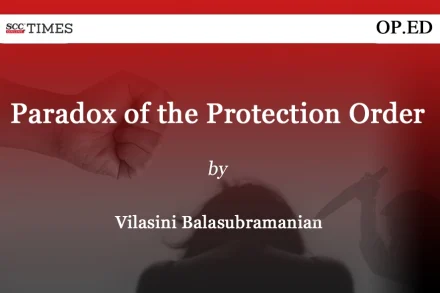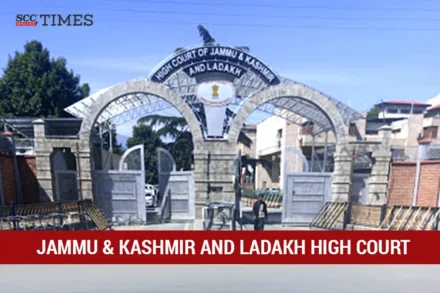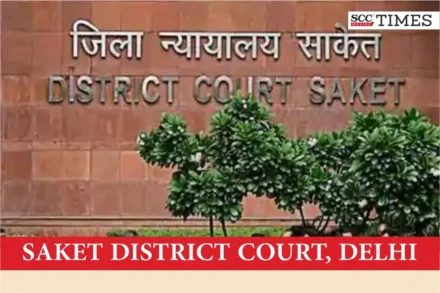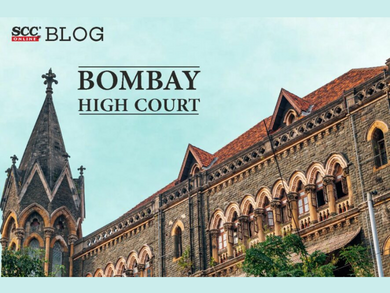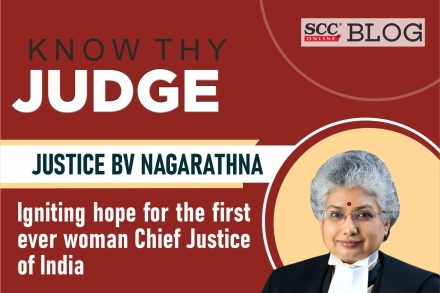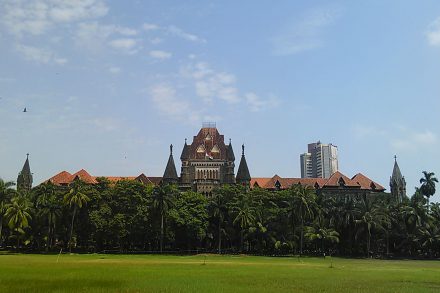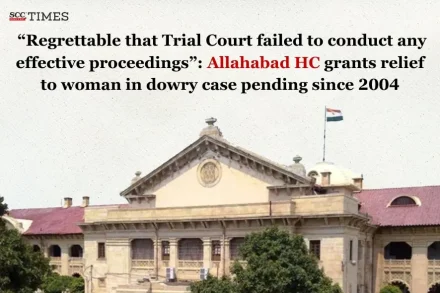
“Regrettable that Trial Court failed to conduct any effective proceedings”: Allahabad HC grants relief to woman in dowry case pending since 2004
“This prolonged and unexplained inaction by the Trial Court constitutes not only a denial of timely justice, but also a serious erosion of the rule of law and a violation of the wife’s fundamental right to a fair and expeditious trial.”


